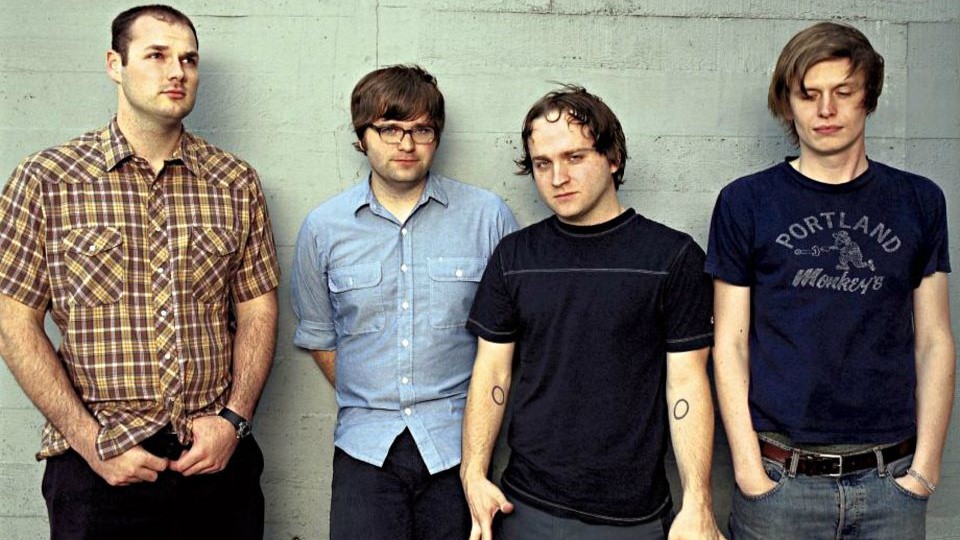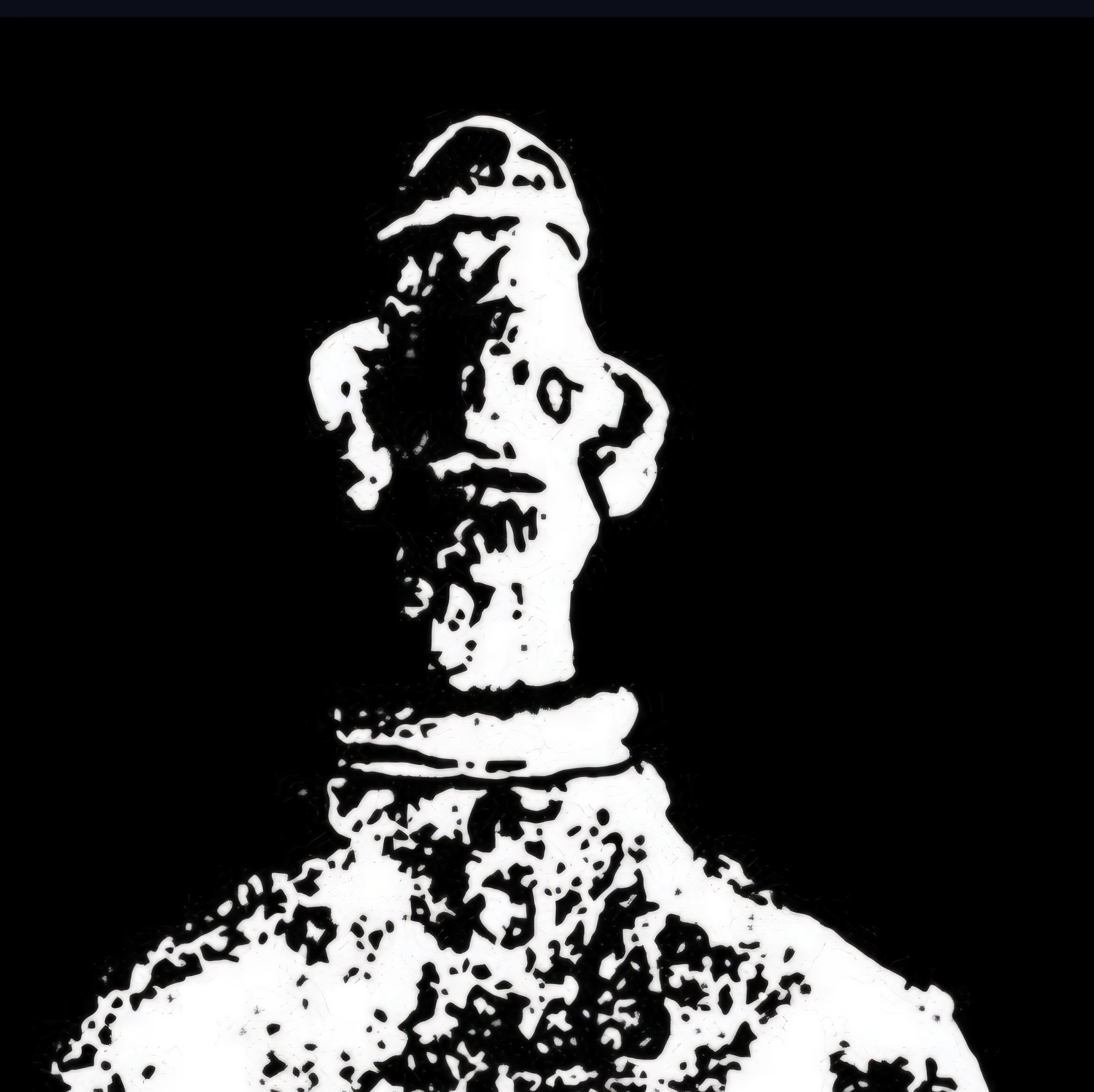In the early '00s, indie rock was still a largely underground affair. That isn’t to say that there were no indie records making it to the mainstream if we look at cases like The Smiths or The Stone Roses.
However, notable indie artists with large fan bases like Pavement, Modest Mouse, and Sonic Youth, while no strangers to commercial success, were predominantly featured in college radio and weren’t exactly dominating pop culture discourse.
And even though it’s hard to attribute the moment when indie rock became the most mainstream form of guitar-driven music to a single album or artist, there is a candidate that undeniably changed the scene.
Death Cab for Cutie, already sporting an enviable underground reputation, used inner tensions and a newfound creative spirit to write their 4th album, “Transatlanticism”.
The record was a critical and commercial hit, and it kickstarted a very particular brand of indie rock that ended up taking over the world, with ripples that are still felt in the mainstream today.
To celebrate its 20th anniversary, we decided to dive into the making of this album, and what makes it so special that it was enough to put indie rock on the pop culture map.
Awesome album, one of my favorites, but “the album that put indie rock on the map forever” is a massive exaggeration
I think it represents a time, though I’d probably argue that The Shins should probably get the trophy for getting indie really going after that movie about New Jersey
It doesn’t say “forever”. It did indeed put indie rock on MY map, and many in my circle as well. To be completely honest they were the band that got me into music as a whole; before that music was just something that I heard on the radio in the car.
Read the title of this post.
Forget not reading the article, we’re not even reading titles anymore.
@ren Beautiful album!
This is hogwash, but mainly because “indie” was/is used so ambiguously and interchangeably to refer to emerging genre conventions, production processes, promotion, distribution, etc. What’s “indie” is all just vibes
don’t get hung up on the words - “indie” became a genre of it’s own, much like “college rock” left college. The early 2000s were a boon for indie artists, and some hit it pretty big. It was peak mp3 blog years (I ran one myself). Not all bands were technically indie, but the music from the era launched what became known as the “indie music” genre.
It’s language. Meanings aren’t always literal. Hell, “literally” doesn’t mean literally anymore!
besides, the Death Cab parts were pretty much in place by We Have the Facts…
They do, however, need to be introduced to the marvel of modern technology known as the comb, based on that thumbnail.
haha!






